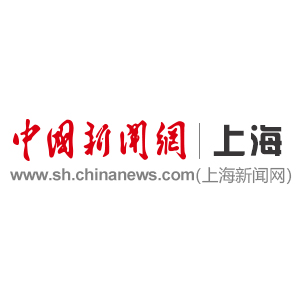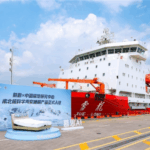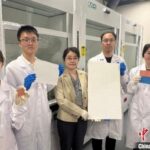On September 22, the globally leading environmental services company Veolia released its «Veolia China 2024 Environmental, Social, and Governance (ESG) Report» in Shanghai. This is the first ESG report issued by Veolia for Mainland China. It comprehensively presents the company’s 2024 sustainable development practices in China across three key dimensions: environmental, social, and governance, demonstrating a firm commitment to its mission of «Resourcing the World» and supporting China’s ecological transition and dual carbon goals.
The achievements highlighted in this ESG report stem from Veolia China’s deep implementation of the Group’s GreenUp strategy. As Veolia’s global ecological transition action plan for 2024-2027, the GreenUp strategy focuses on accelerating the deployment of more economical and replicable environmental solutions. In its Chinese market practice, Veolia has deeply integrated this strategic requirement with local needs, basing its efforts on China’s dual carbon goals to provide solid support for the continuous improvement of ESG performance.
In the environmental dimension, Veolia China continued to focus on three major areas in 2024: decarbonization, resource recovery, and pollution elimination. Regarding decarbonization, innovative solutions helped avoid 496,160 tons of CO2 emissions throughout the year. For example, the Veolia Harbinger Southwest Municipal Heating Project utilizes waste heat recovery technology, reducing carbon emissions by 84,000 tons annually. The Veolia Yibin Project in Sichuan uses local agricultural and forestry waste as feedstock for biomass cogeneration, providing steam from renewable sources to over 10 industrial enterprises, significantly lowering their industrial carbon footprint. In resource recovery, 68,517 tons of plastic were recycled. Veolia’s subsidiary, a leader in recycled plastics, provides various high-quality recycled plastic products for the automotive, food, and home appliance industries. In 2024, Veolia China saved over 60.25 million cubic meters of water. In pollution elimination, Veolia possesses comprehensive capabilities for hazardous waste management, operating and managing over 10 hazardous waste treatment projects with a total permitted treatment capacity exceeding 1 million tons per year.
On the social dimension, Veolia is committed to growing together with its employees and communities. In 2024, total investment in employee training exceeded 17.03 million RMB, with average training hours per employee reaching approximately 47 hours. Social dialogue mechanisms covered nearly 87% of employees. The company strengthened its diverse and inclusive culture, implementing the Veolia Cares program which provides employees with benefits such as paid parental leave and health security. Supporting regional development, Veolia’s supply chain indirectly supported employment for 36,825 people. The company actively engaged in collaborations with schools and communities to promote environmental education. For instance, it conducted environmental research projects with Tsinghua University, allowing students to gain on-site understanding of environmental project operations. During World Water Day, public welfare activities were held at the Niukouyu Wetland in Beijing to educate the public about water knowledge.
At the governance level, Veolia strictly adheres to compliance and strengthens supply chain management. In 2024, 2,070 personnel participated in various compliance training sessions. The company established a whistleblowing system to firmly uphold compliance standards. Significant progress was made in building a sustainable supply chain, with local procurement accounting for 97% of suppliers. Efforts led to 6,400 suppliers signing commitment letters outlining requirements they must follow regarding business ethics, health and safety, and environmental protection.
The «Veolia China 2024 ESG Report» was prepared with reference to the Global Reporting Initiative (GRI) Standards, the International Financial Reporting Standards S2 (Climate-related Disclosures), and the United Nations Sustainable Development Goals (UN SDGs 2030), providing detailed disclosures on the management and performance of core ESG topics.
It was emphasized that the entire ESG practice is closely aligned with China’s dual carbon goals and integrated into the core of the business, rather than being an add-on. ESG is viewed as a value-added concept, not a cost item. The release of the ESG report showcases a long-term commitment to the Chinese market. The goal is to continuously innovate and improve, deepening collaboration with stakeholders. ESG is not just a unilateral effort by the company; it requires participation from government, clients, communities, and suppliers to collectively advance ESG principles.





